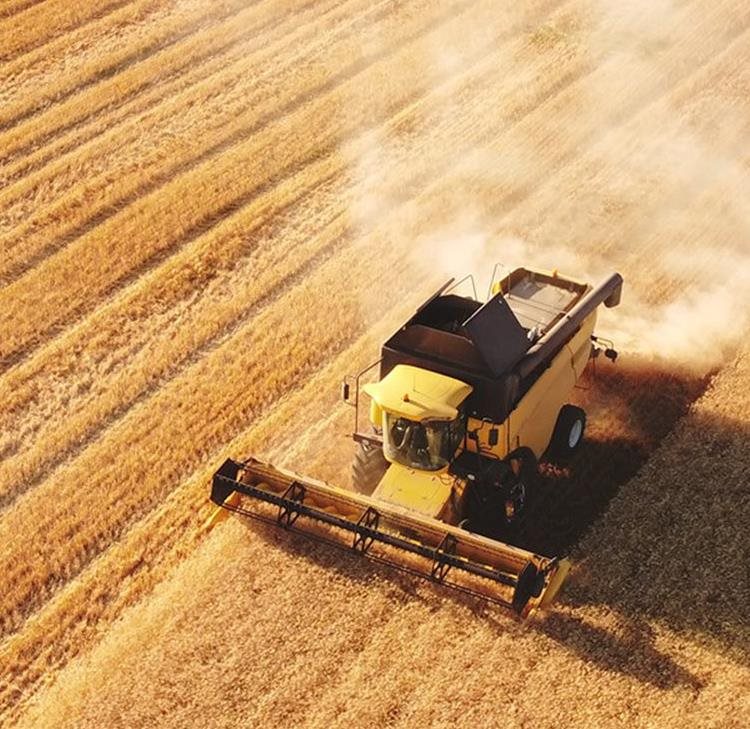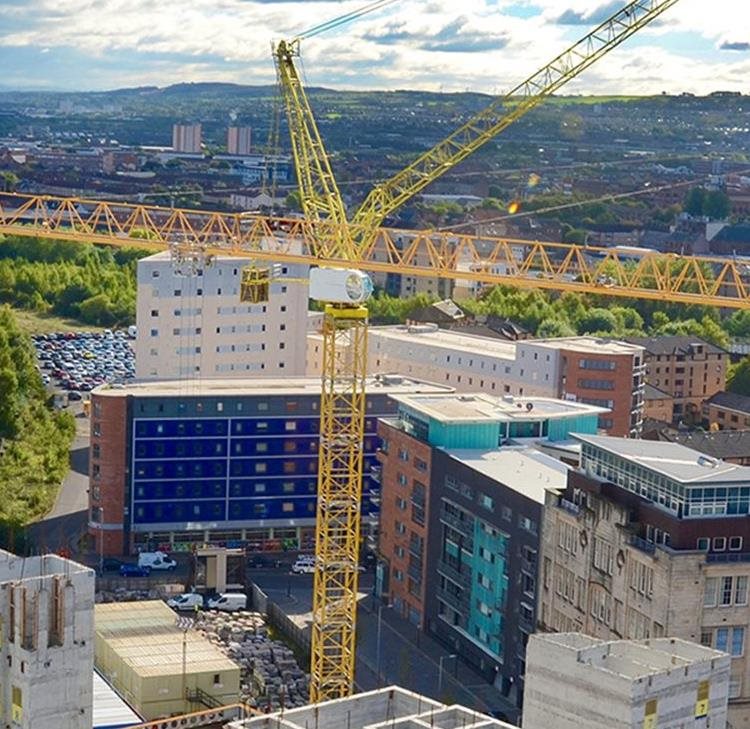Digest:
- The Law Commission has been considering US litigation in relation to decentralised autonomous organisations (“DAOs”), which have been described as: “a way to organise people, a social- coordination technology that relies on blockchain-based smart contracts and incentives to facilitate individuals collaborating and taking actions with collective impact.”
- “By automating or programming some elements of organisational activity, and distributing or open- sourcing related software products and data, DAOs have the potential to reduce information and transaction costs, and so offer an alternative to existing organisational structural arrangements.”
Source/Context:
Law Commission: Call for evidence: Decentralised Autonomous Organisations”
“A ... DAO ... is a novel type of technology-mediated social structure or organisation of participants made up of several composite elements. The novel part is that many of the actions and functions of this type of organisational structure (both in terms of governance and its activities) can be redesigned to use and / or facilitate the creation, modification and maintenance of open-source software-based systems. The primary example of these software-based systems is code that performs certain actions deterministically or programmatically, built into a network of smart contracts deployed to public blockchains.”
“Many thousands of DAOs exist today. Huge amounts of value flow through, are created, extinguished, used and sometimes lost by DAOs. This raises questions about the legal status and liabilities of DAOs ... very few DAOs have chosen to organise in the jurisdiction of England and Wales ...”
What does this mean for the FS and other industries?
The issue is, as a matter of English law, does the medium of terms and activity affect the allocation of liability. On a practical basis, do those who deal with DAOs understand the potential liability arguments? For instance, “... some software protocol-specified tokens allow holders to participate in “governance” decisions relating to a particular software protocol. Some software protocol-specified tokens give holders additional benefits or utility when interacting with that particular protocol.”
“However, DAOs are not completely operationally autonomous ... [and] rely heavily on individuals ... to perform certain tasks that automated processes cannot. Founders and developers will be
involved at the start of a DAO’s life, and may be one and the same people. They might well continue to be associated with the DAO (or its associated software protocol) but be joined by other participants
who may or may not also be holders of the software protocol-specified tokens.”










































